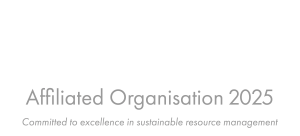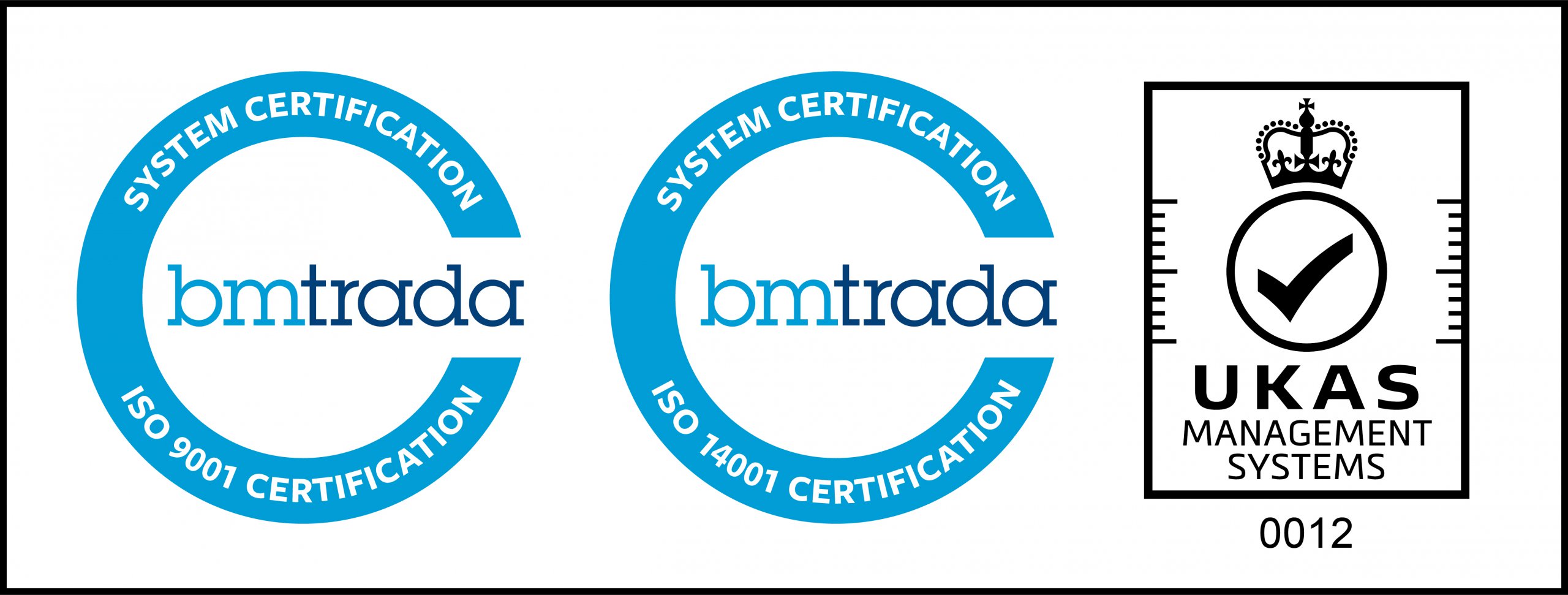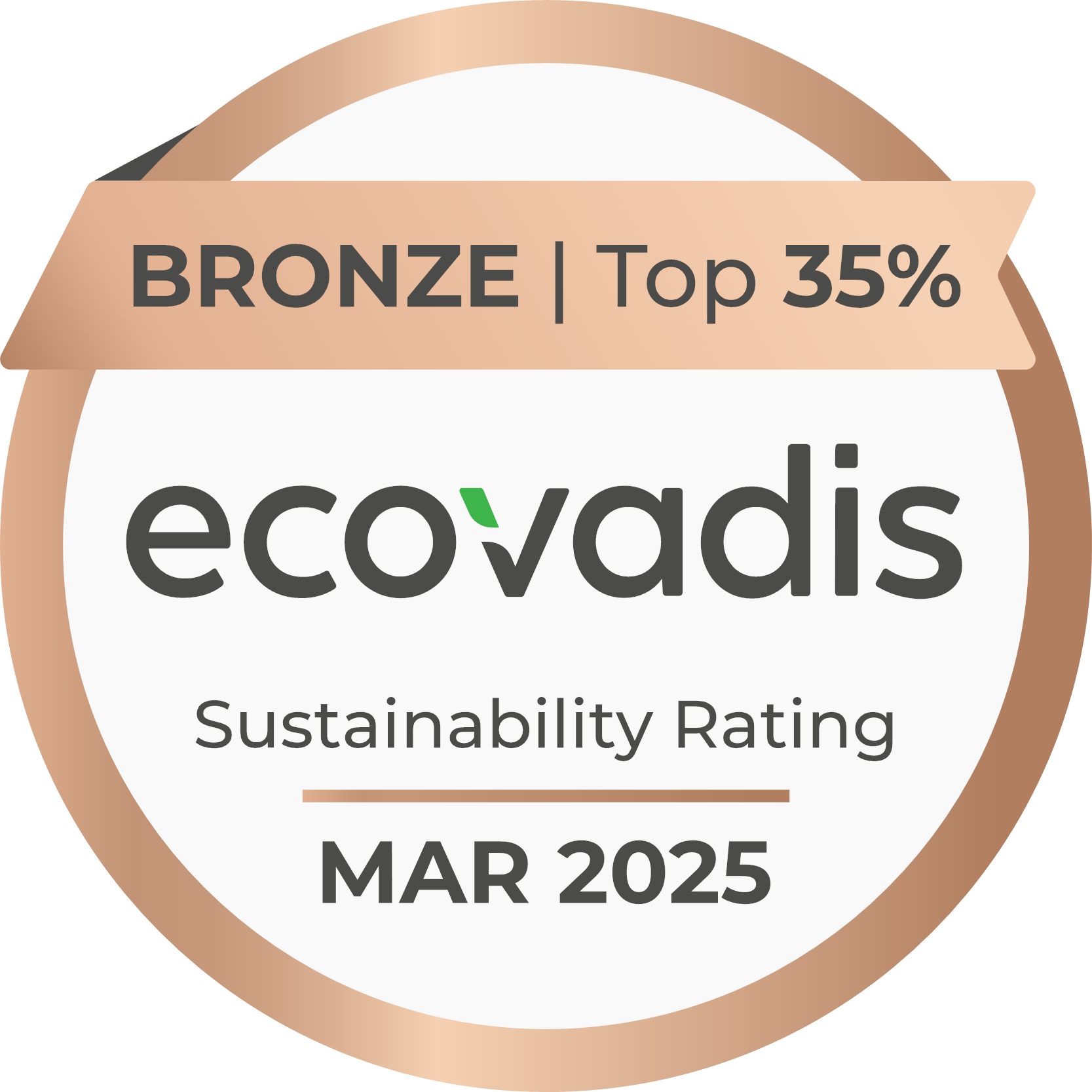While we await clarity on extended producer responsibility (EPR) in the upcoming years, significant policy developments have emerged in the past week, indicating potential changes in the recycling landscape. Concerns raised by industry leaders and the ongoing cost-of-living crisis have added uncertainty to the EPR program's timeline, while government departments have been actively engaging with stakeholders on related recycling legislation.
During a recent parliamentary session, Prime Minister Rishi Sunak addressed concerns raised by businesses regarding the introduction of extended producer responsibility. The Conservative MP for Amber Valley, Nigel Mills, expressed worries over price rises and uncertainty about the costs associated with the program, making it challenging for businesses to plan their pricing strategies for next January.
Mr. Sunak acknowledged that industry had raised concerns with him and mentioned that Defra is actively working with manufacturers, retailers, and packaging companies to fine-tune the scheme's design.
However, the exact fate of the program remains uncertain, with calls for its potential delay amid mounting concerns.
Additionally, a senior policy advisor at HMRC spoke at the INCPEN conference about the recent consultation on adopting a 'mass balance approach' to calculate the use of chemically recycled plastic in packaging. Mark Palmer emphasised that the consultation is only the beginning of a collaborative effort with the industry. HMRC intends to work closely with stakeholders to ensure the success of any changes to the tax system. Palmer urged stakeholders to provide concrete evidence to support their submissions and assured them that HMRC would hold regular stakeholder meetings to inform the policy.
Moreover, recently published minutes from the Advisory Committee on Packaging (ACP) meeting held in May provided insights into Defra's plans for the EPR rollout. Defra expressed its intention to transition the rollout of the legislation gradually, with a pragmatic approach during the first two years of operation to allow for the system and processes to adapt smoothly. Discussions about a phased-in rollout have fuelled speculations that EPR might be delayed in some form, though Defra has reiterated its stance on the scheduled 2024 rollout date.
The ACP meeting also highlighted concerns from stakeholders about various aspects of EPR implementation. questions were raised about EPR and highlighted the importance of distinguishing between household and non-household packaging. Robert Fell, chief executive at Metal Packaging Manufacturers Association, expressed concerns about companies' lack of awareness of their obligations and the need for clarity on fee rates. Defra responded by assuring that plans are in place to address these concerns and that individual sessions with members and the ACP would focus on business readiness.
As the recycling landscape continues to evolve, stakeholders and government departments are actively engaged in discussions to shape sustainable policies and address industry concerns. While EPR's timeline remains uncertain, collaborative efforts and stakeholder engagement are crucial to achieving a greener and more sustainable future for recycling and waste management in the UK.
See more like this..."EPR data collection still required despite rumours of EPR delay [17.07.2023]".

















